Alienum phaedrum torquatos nec eu, vis detraxit periculis ex, nihil expetendis in mei. Mei an pericula euripidis, hinc partem.
Read more about our current projects in East Africa.

This UK Aid Direct funded project tests a school based menstrual health intervention in 10 schools in Uganda that includes product provision, low cost improvements to school facilities, menstrual health education and community engagement and behaviour change. An impact evaluation will assess the added benefits of Irise’s community engagement approach and compare different measures of menstrual related absenteeism. The project will directly support 6,000 boys and girls and create resources that others can use to create a sustainable, menstruation friendly environment for school girls.
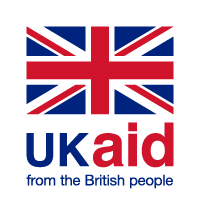
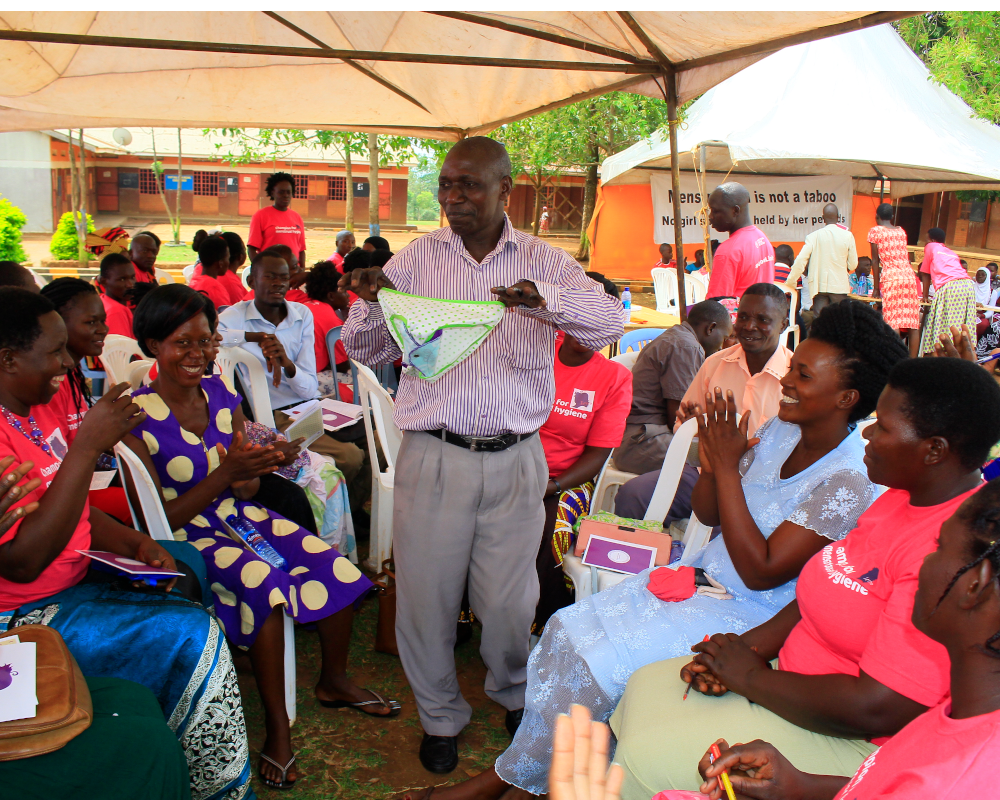
This project tests and adapts a behaviour change approach developed by Professor Hazel Barrett and colleagues at the University of Coventry to the issue of menstrual health.


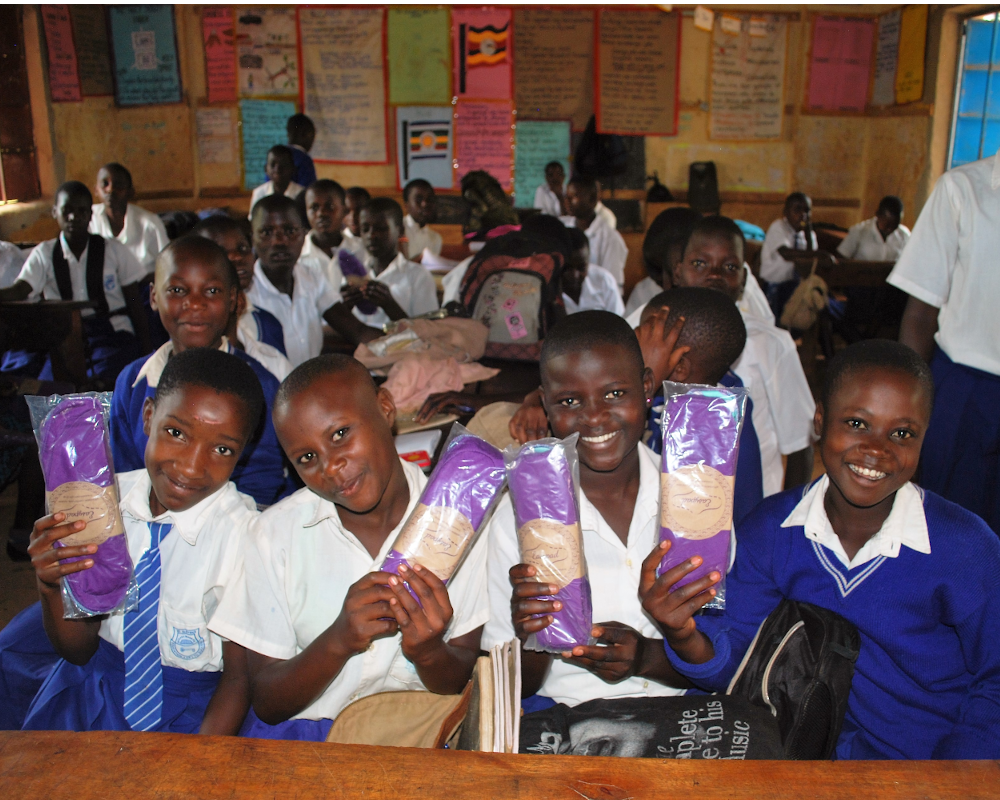
We’re delivering our menstruation friendly school package in 13 schools in Soroti district, to schools serving the most vulnerable and marginalised girls.

Read more about our completed projects in East Africa.

This project developed a sustainable entrepreneur network in Eastern Uganda supplying women and girls with a choice of affordable products, alongside national level advocacy and policy work and delivery of education and behaviour change. The project created income generating opportunities for over 200 local people and generalisable learning about how to establish sustainable access to menstrual products in partnership with the community. The poorest half of our network of entrepreneurs experienced a 52% increase in household income and female entrepreneurs reported increased status and self-esteem.
We are now focusing on last mile distribution for the hardest to reach areas and communities.

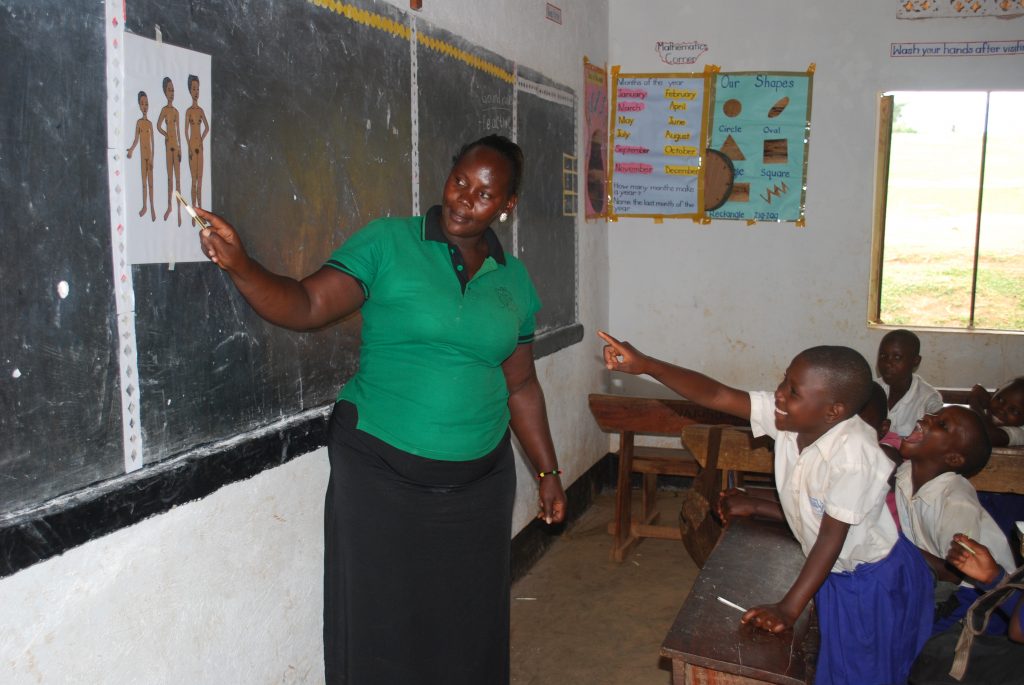
This project developed a set of menstrual health training resources for community workers, teachers, girls and boys and contributed to the development of a national teacher training manual on menstruation and puberty in collaboration with the Ministry of Education in Uganda. We reached a total of 15,647 girls and 11,010 boys through the development process and trained 14 local partners. Key improvements from the project evaluation were:
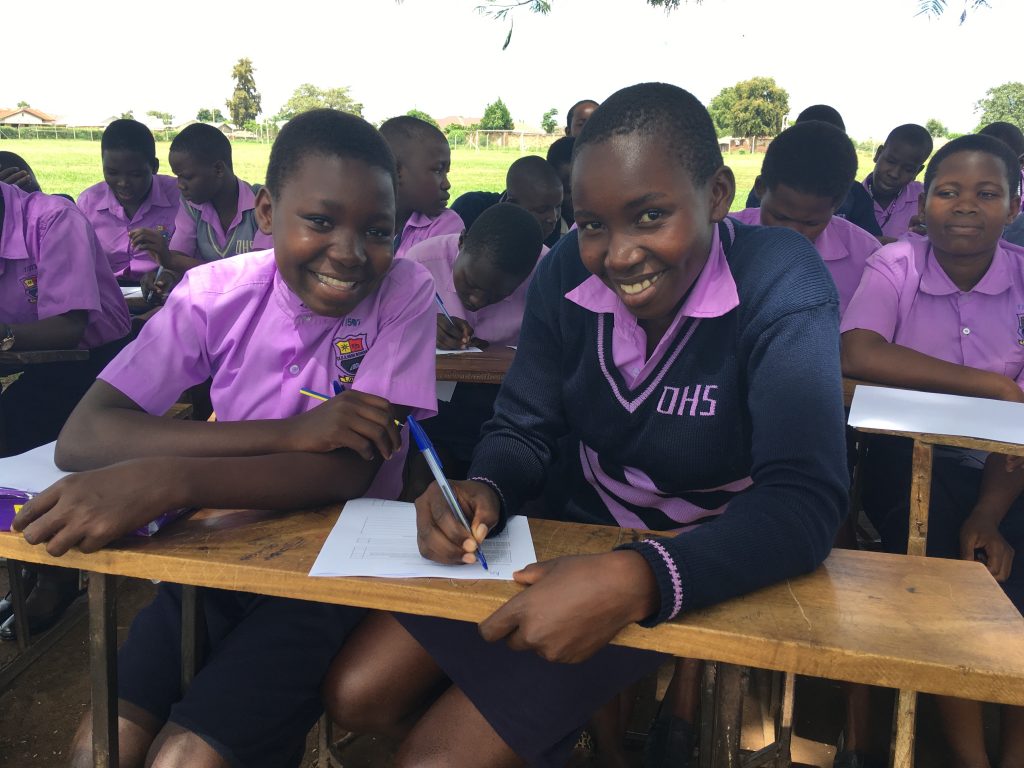
This randomised control trial with the University of Sheffield and Kampala International University tested the impact of giving girls free reusable pads and a menstrual health education session. The study recommended that work to dismantle menstrual stigma and taboos was needed to create long term impact.
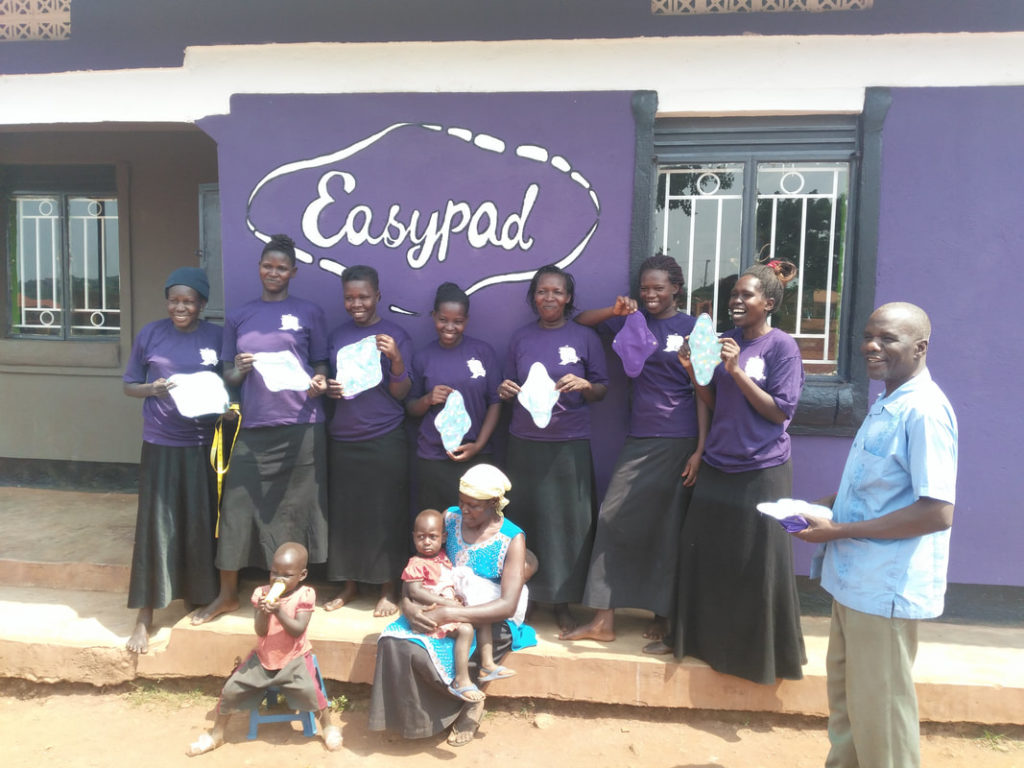
This project, in partnership with a community based organisation in Jinja, Uganda, established a local, community owned business manufacturing affordable, washable, reusable menstrual pads as part of work to develop and test approaches to creating sustainable access to menstrual products. The business continues to date, creating employment for 20 women who now run the business and supplying between 5,000-10,000 women and girls a year with a sustainable menstrual product.
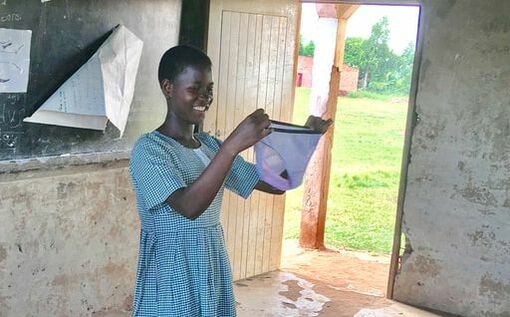
This pilot study, with the University of Sheffield, investigated the effect of teaching girls to make reusable sanitary pads on their school attendance. Results were promising with girls who received support missing an average of 1.5 days less per month.